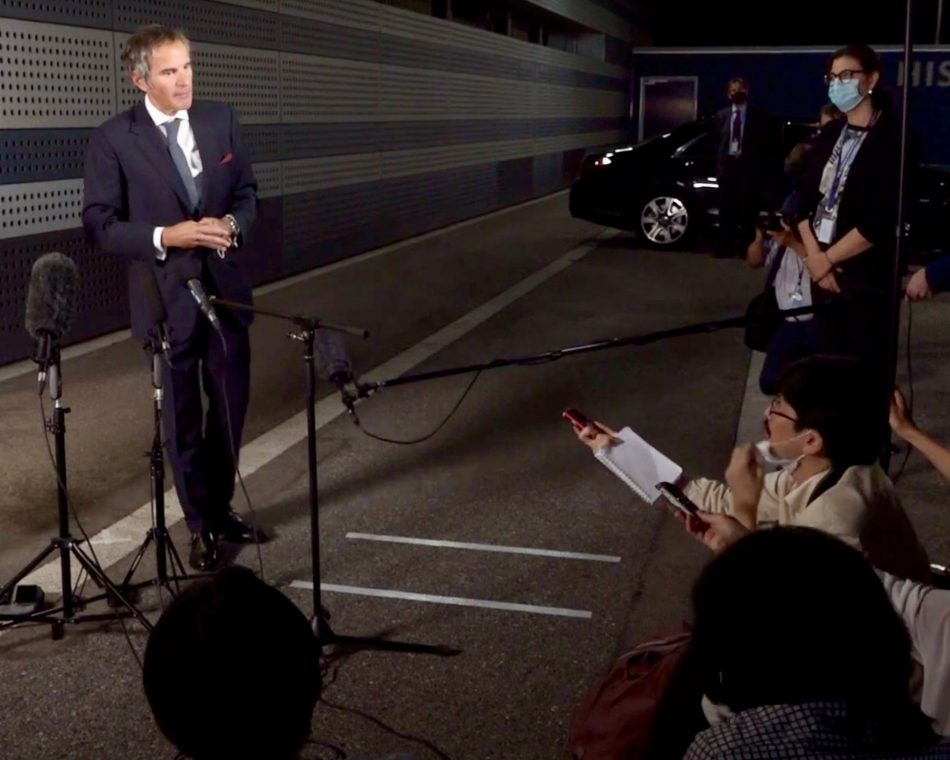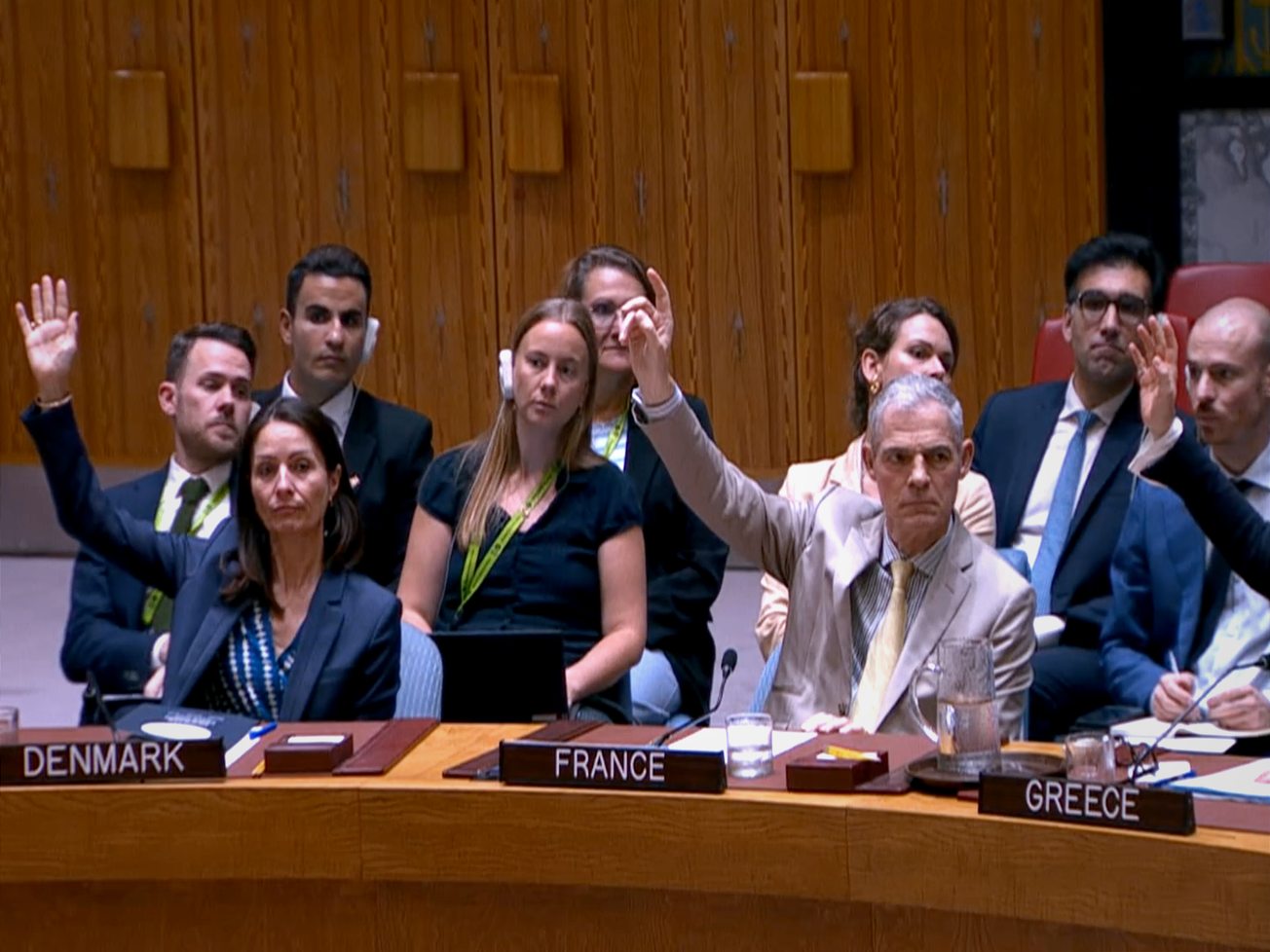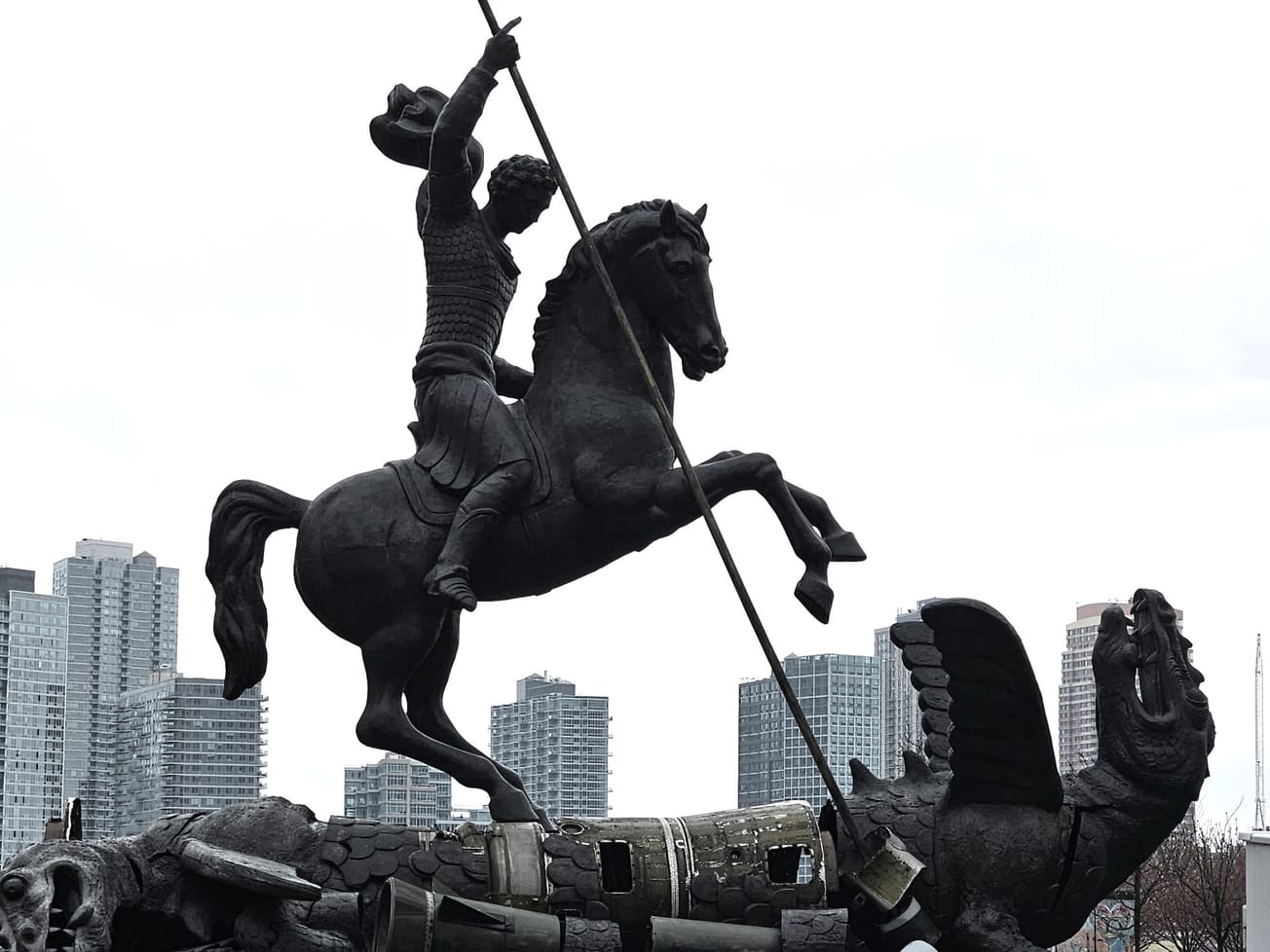VIENNA (AN) — The head of the U.N. atomic watchdog agency and top Iranian officials announced they reached an agreement on Sunday for international inspectors to start getting reduced access to Tehran's nuclear program.
The agreement was made public in a brief joint statement from Rafael Mariano Grossi, director-general of the Vienna-based International Atomic Energy Agency, or IAEA, along with Iran's Vice President Eshaq Jahangiri and Ali Akbar Salehi, the head of the Atomic Energy Organization of Iran, or AEOI.









